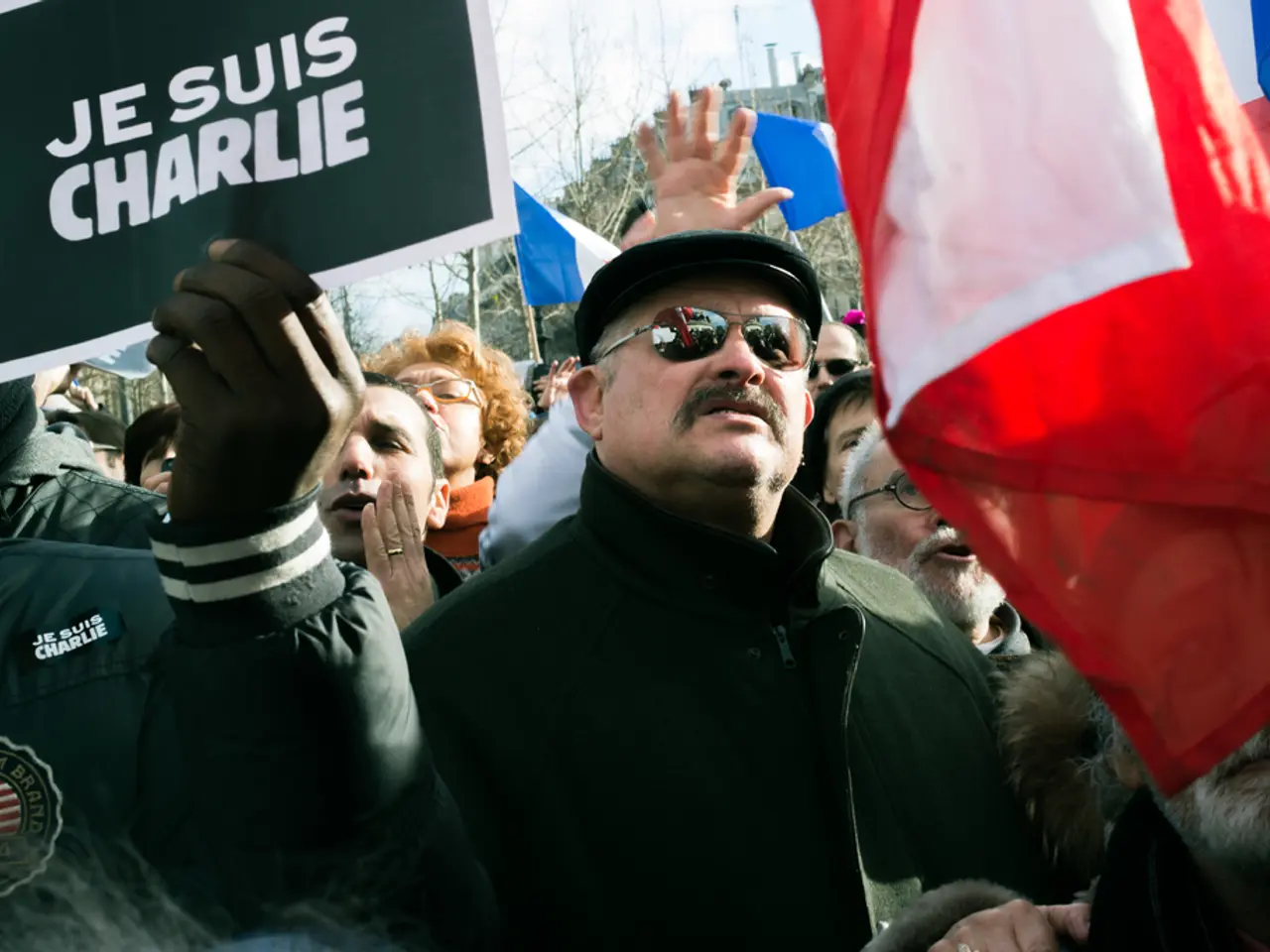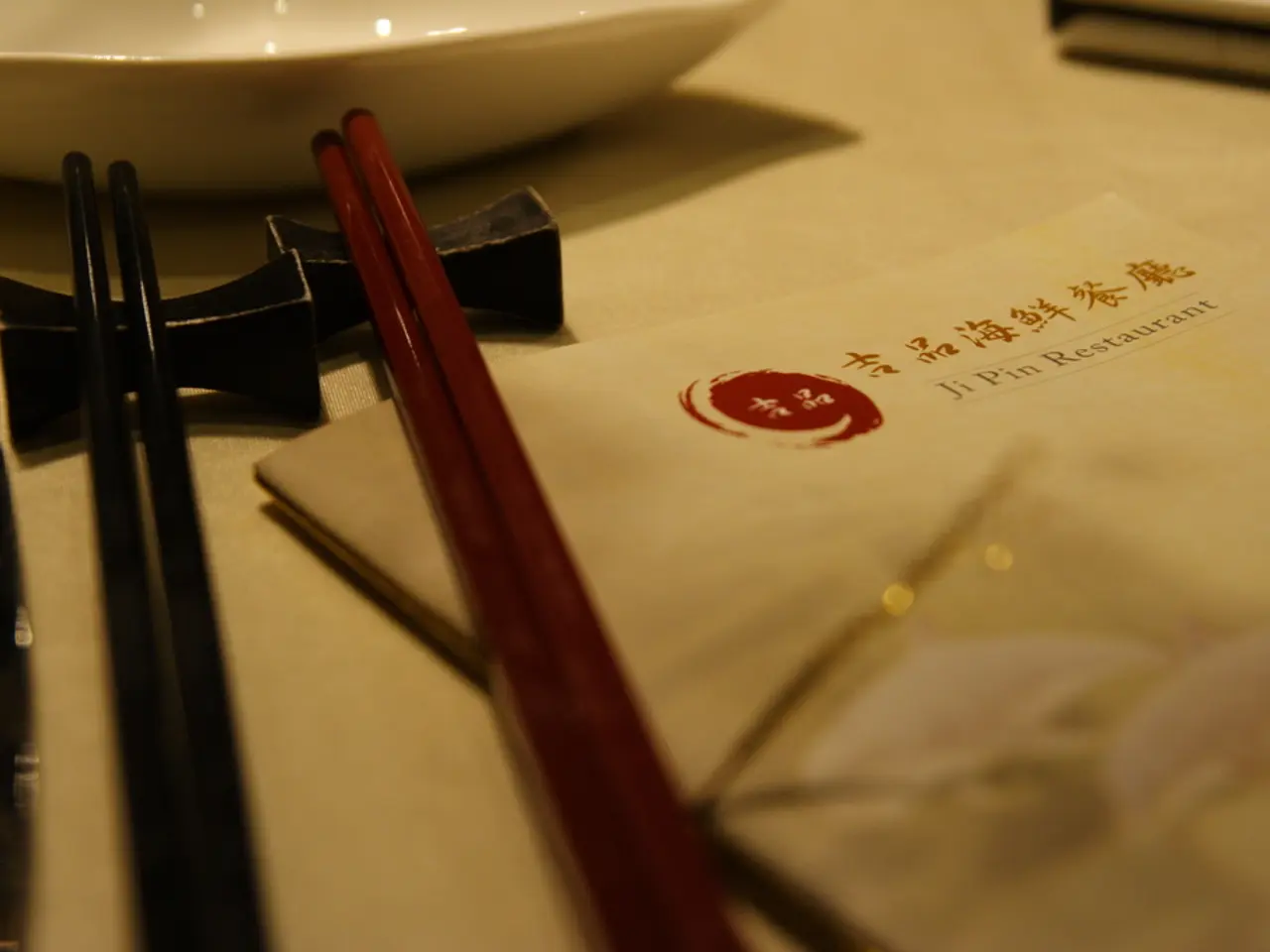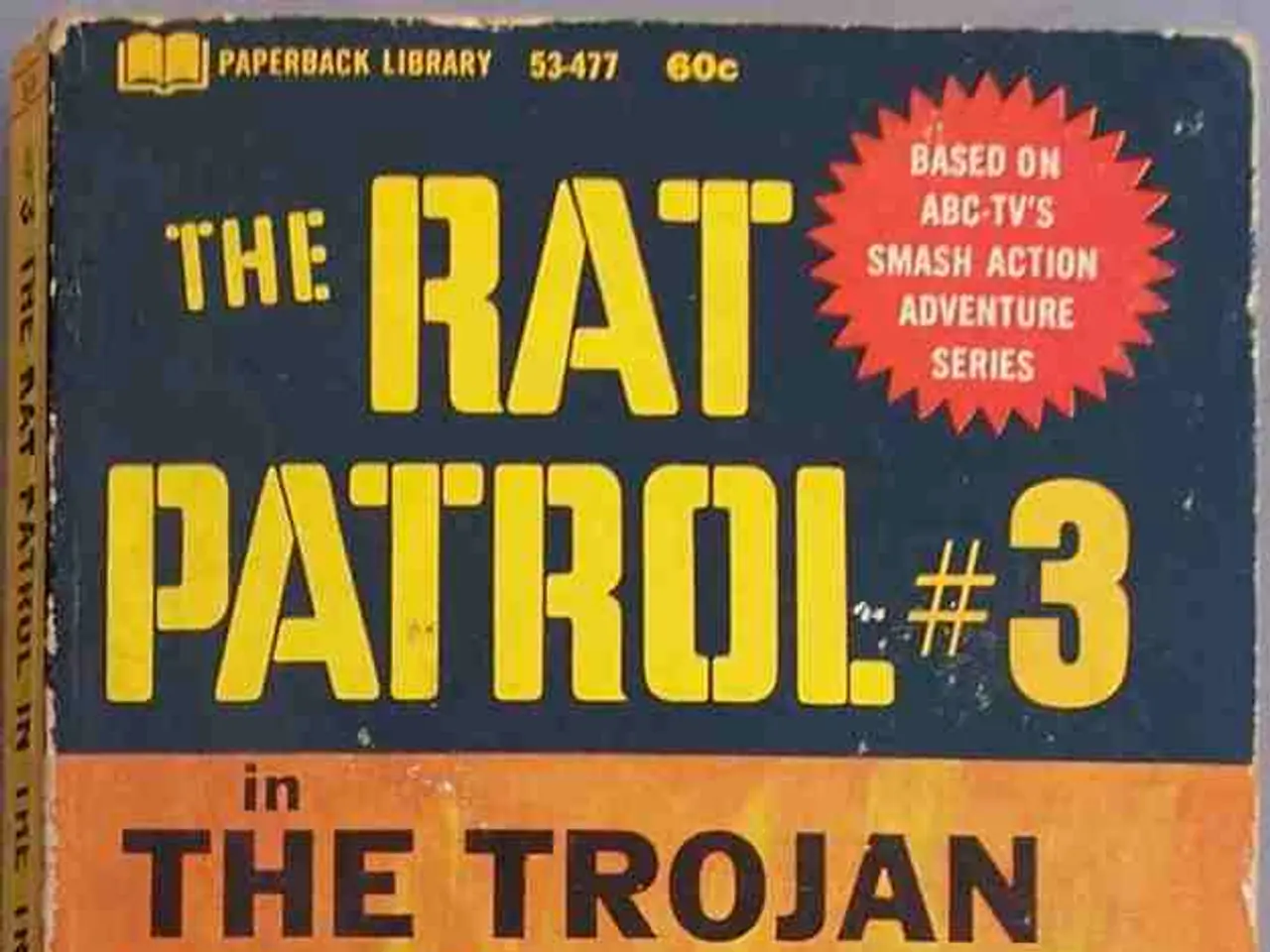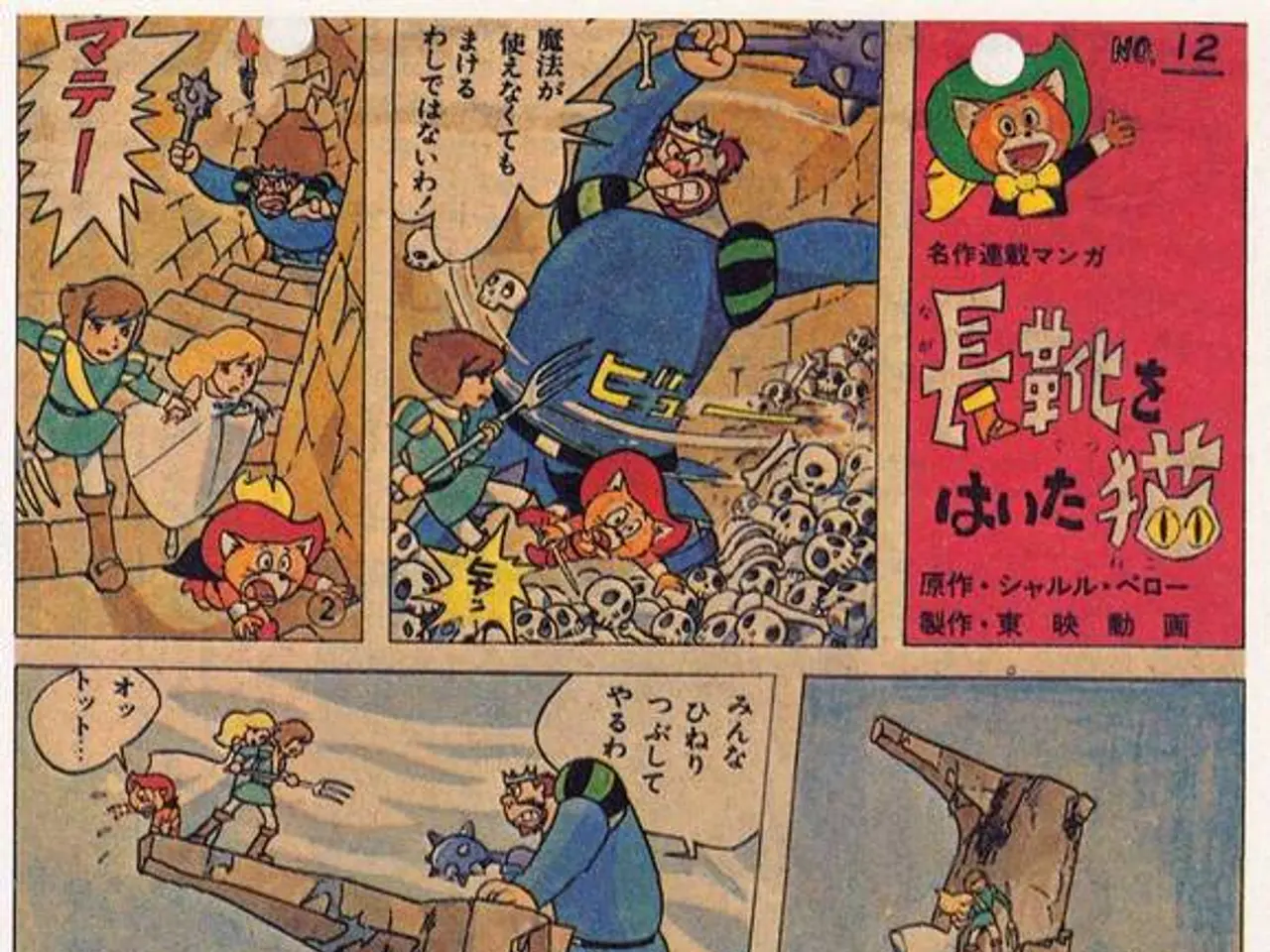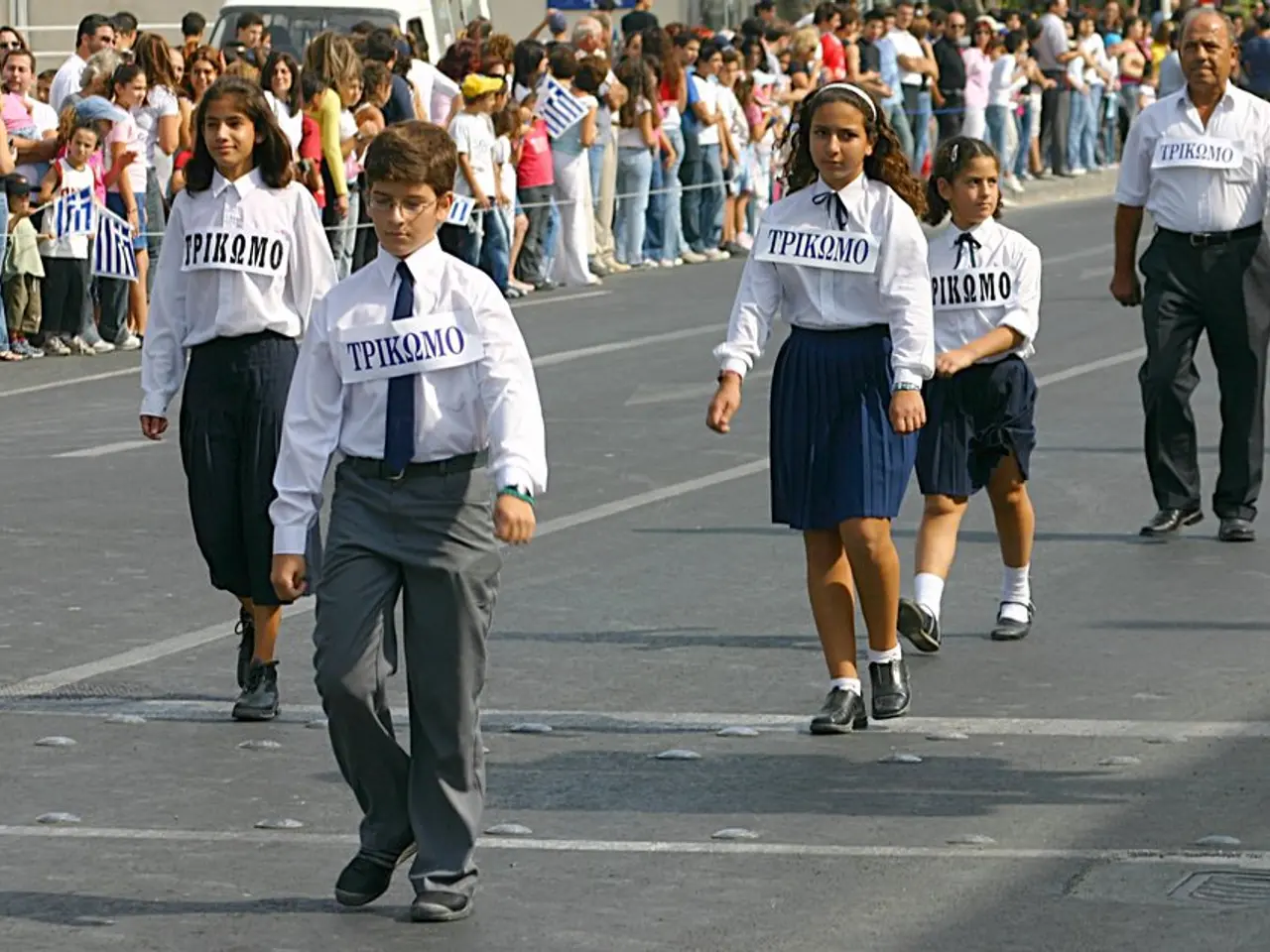Brazilian supporters of President Bolsonaro expressing unusual satisfaction over US customs penalties
The United States imposed punitive measures on Brazil in July 2021, including 50% tariffs on Brazilian exports, marking a record among U.S. trading partners. These measures, announced on July 30, were justified by the Trump administration under the claim of addressing a bilateral trade imbalance but were widely seen as politically motivated.
The tariffs and financial sanctions were primarily due to political reasons linked to Brazil's treatment of former President Jair Bolsonaro and concerns over Brazil's actions limiting U.S. influence. The U.S. government framed the measures as a response to Brazil’s alleged human rights abuses, political persecution, and judicial actions against Bolsonaro and his associates, who were accused of orchestrating an attempted coup culminating in the January 8, 2023 insurrection in Brasília.
These measures were widely condemned in Brazil. President Luiz Inácio Lula da Silva and others criticized them as unacceptable American interference in Brazil’s internal judicial and political affairs, threatening bilateral relations and sovereignty. Brazil responded by preparing to challenge the tariffs at the World Trade Organization (WTO) and considering imposing its own retaliatory trade measures under its Economic Reciprocity Act, signaling a serious diplomatic and trade dispute.
On Sunday, August 3, Bolsonarists took to the streets in approximately 15 regional capitals. The demonstrators, identified as Bolsonaro's supporters, the "patriots", and the far-right, have removed their masks and celebrated the announced punitive measures. The demonstrations were in support of Brazilian President Jair Bolsonaro, who claims to be the victim of a "witch hunt". Notably, Donald Trump has intervened directly to support Bolsonaro.
The White House also implemented financial sanctions against Brazil, adding another layer to the already tense diplomatic and trade relations between the two countries. The announced sanctions include both tariffs and financial restrictions, which Brazil may challenge at the WTO and respond with its own retaliatory measures. The U.S. tariffs and sanctions on Brazil, therefore, have sparked strong political backlash from Brazil and legal challenges at the international level.
[1] The New York Times [2] The Washington Post [3] BBC News [4] Reuters [5] The Guardian
- The tariffs and financial sanctions imposed by the United States on Brazil over war-and-conflicts and politics have sparked strong political backlash and may likely be reported extensively in general-news outlets such as The New York Times and The Washington Post.
- The diplomatic and trade relations between the United States and Brazil, strained by policy-and-legislation and crime-and-justice issues, will be closely monitored and potentially covered in depth by international news sources like BBC News and Reuters.
- The U.S. imposition of tariffs and financial sanctions on Brazil due to concerns over human rights abuses and political persecution will likely not only impact the trade policies of both countries but may also be scrutinized in the realm of crime-and-justice by esteemed newspapers such as The Guardian.
